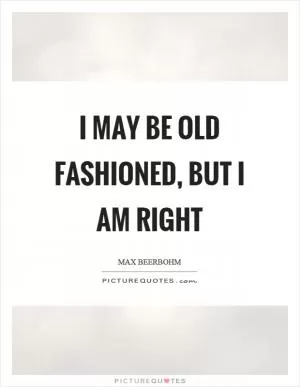Humility is a virtue, and it is a virtue innate in guests

Humility is a virtue, and it is a virtue innate in guests
Max Beerbohm, a renowned English essayist, humorist, and caricaturist, was known for his wit, charm, and keen observations of human nature. Throughout his works, Beerbohm often explored themes of vanity, pretension, and the follies of human behavior. In this context, the idea that "humility is a virtue, and it is a virtue innate in guests" can be seen as a reflection of Beerbohm's own views on social interactions and the importance of humility in human relationships.Beerbohm believed that humility was a key virtue that should be cultivated and practiced by individuals, especially when interacting with others. In his essays and caricatures, he often satirized the arrogance and self-importance of society's elite, highlighting the absurdity of their behavior and the consequences of their lack of humility. Beerbohm understood that humility was not only a sign of good manners and respect for others but also a way to navigate the complexities of social interactions with grace and humility.
In the context of guests, Beerbohm believed that humility was particularly important. As a guest in someone's home or at a social gathering, it was essential to show humility and gratitude for the hospitality extended to you. Beerbohm understood that guests had a responsibility to be gracious, polite, and respectful towards their hosts, and that humility was a key aspect of being a good guest.
Beerbohm's own experiences as a socialite and a frequent guest at various gatherings and events likely influenced his views on humility and the importance of being a gracious guest. He understood that humility was not a sign of weakness but rather a strength that allowed individuals to connect with others on a deeper level and to navigate social situations with ease and grace.












 Friendship Quotes
Friendship Quotes Love Quotes
Love Quotes Life Quotes
Life Quotes Funny Quotes
Funny Quotes Motivational Quotes
Motivational Quotes Inspirational Quotes
Inspirational Quotes